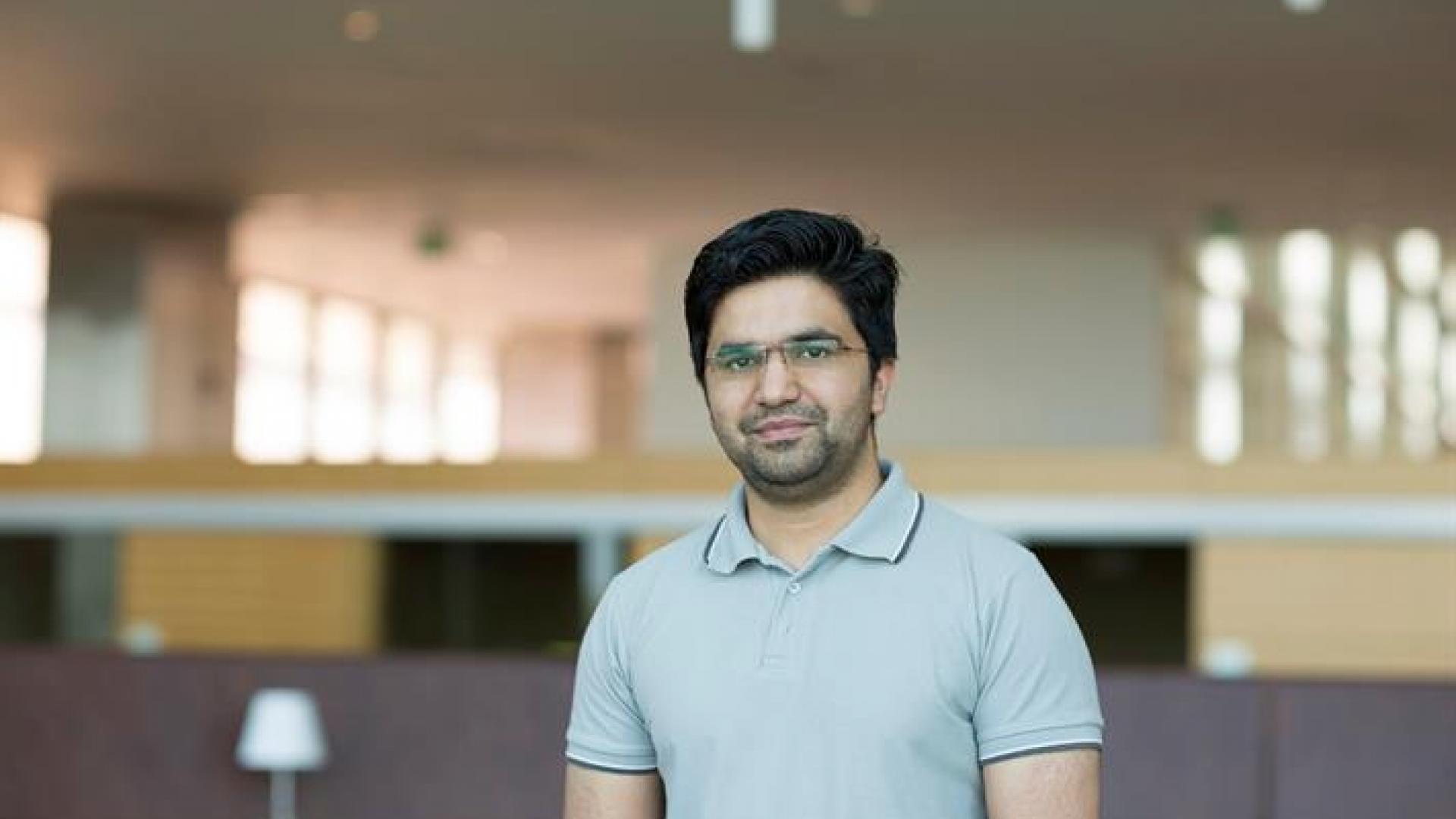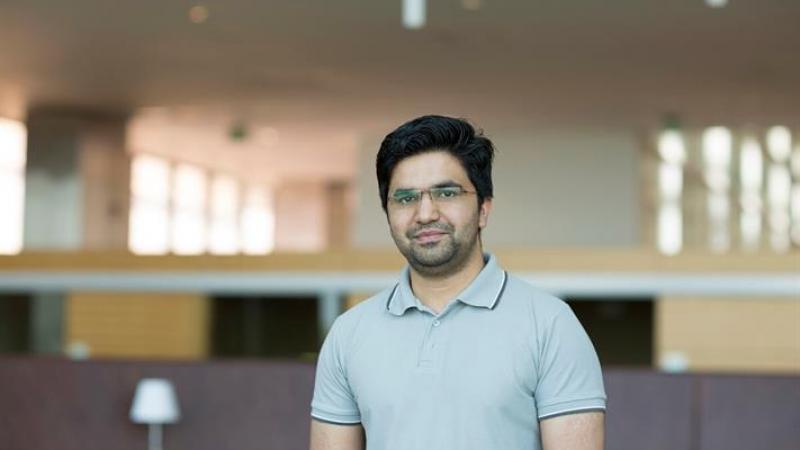By David Murphy
Muhammad Karimi, KAUST graduate (Ph.D. '19) and co-founder of the KAUST-supported startup company SensoTech, has been shortlisted as a finalist in the Abu Dhabi International Petroleum Exhibition and Conference (ADIPEC) 2020 "Young Technical Professional of the Year" category. The premier oil and gas industry event will be held virtually from November 9-12, 2020.
2020 marks the 10th anniversary of the ADIPEC Awards; an event hosted annually by the Abu Dhabi National Oil Company as a platform for industry members to gather and discuss current technologies, breakthrough research, and the future of the hydrocarbon industry.
Of his nomination by AIDPEC, Karimi noted, “Getting shortlisted as a finalist amongst hundreds of candidates from well-reputed companies is an honor. I feel that my nomination for this prestigious ADIPEC award is a recognition of the dual mutually orthogonal resonance (DMOR) technology® I developed during my Ph.D.”
Establishing SensoTech
During his five years at KAUST, Karimi worked under the supervision of Professor Atif Shamim in The Integrated Microwave Packaging Antennas and Circuits Technology (IMPACT Lab). It was during his Ph.D. that Karimi worked on a multiphase flow meter (MPFM) project, a project that catalyzed the creation of SensoTech.
“During the oil production process, water is typically mixed with oil, and it is essential to accurately measure the amount of water in the production fluid to optimize oil recovery. Existing measurement techniques are either intrusive, radioactive or do not work in all operating conditions. To overcome these challenges, Saudi Aramco sponsored the IMPACT lab to develop a novel sensor to overcome the challenges in existing flow meters.” he said.
“Microwave DMOR® technology possesses several key advantages over its competition, such as a decreased calibration requirement, accurate sensing in varying salinity and temperature conditions, flow regime independent measurement and digital cloud-based data access,” Karimi added.
Providing an in-Kingdom solution
The ongoing development of MPFM technology is of enormous significance to the global oil and gas industry, particularly in the Kingdom. At present, Saudi Arabia is spending $70 million annually to import MPFMs from foreign suppliers. SensoTech is determined to eliminate this import expense by manufacturing these meters locally at a considerably reduced cost. With a superior DMOR® technology, SensoTech expects to capture a large market share first in the Gulf states, and eventually in other parts of the world.
“Our sensors will help oil companies to optimize their production process, which will eventually reduce the cost of oil production per barrel,” Karimi noted.
“The oil industry is experiencing a strenuous time because of a crunch in oil prices. MFPM technology is needed more than ever before to optimize the oil production process so that the cost per barrel can be minimized. Only those companies which have optimized, or are optimizing their processes, can withstand the impact of low oil prices,” he added.
As ever, dynamism and innovation will act as critical agents in the oil and gas industry’s evolution. Alongside his belief that the commercialization of MPFM is investible, Karimi acknowledges he is “privileged” to be part of the “revolution” toward advancing the science behind MPFM.
“SensoTech is on the mission to digitize the oil fields by digitizing the oil and gas wells. Production engineers will be able to monitor and control their fields irrespective of their location, whether it be in deep-sea or in a desert. With all the key information available with a click of a button, oil companies can save significantly on their operating expense (OPEX). With our DMOR® technology, we can provide a crucial solution to existing industry challenges,” he emphasized.

